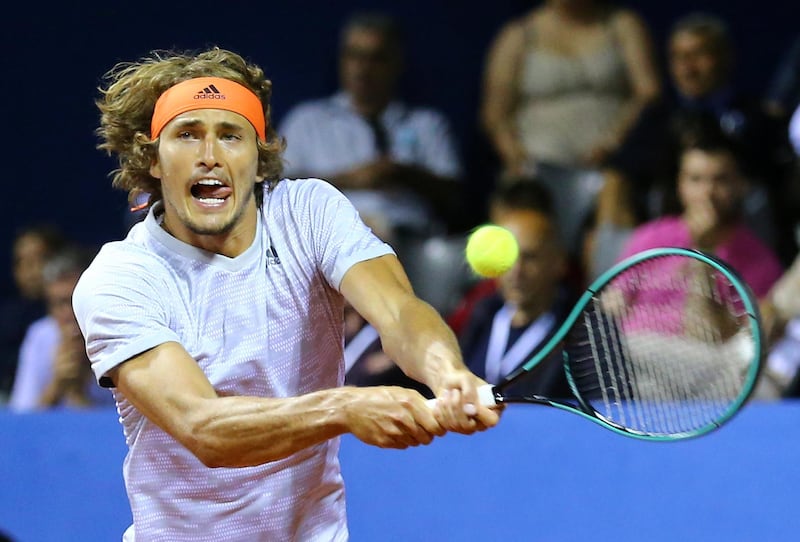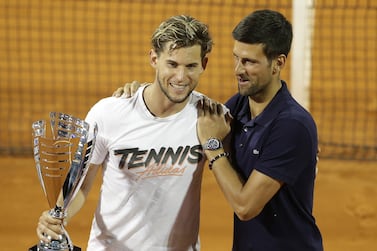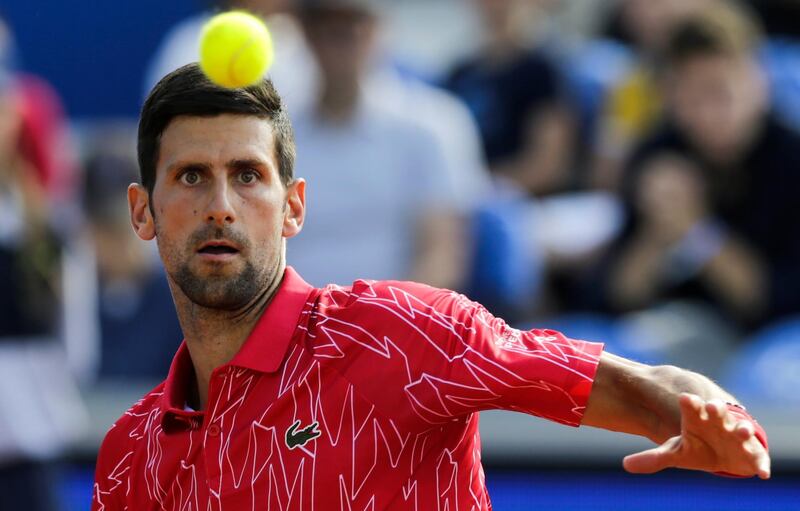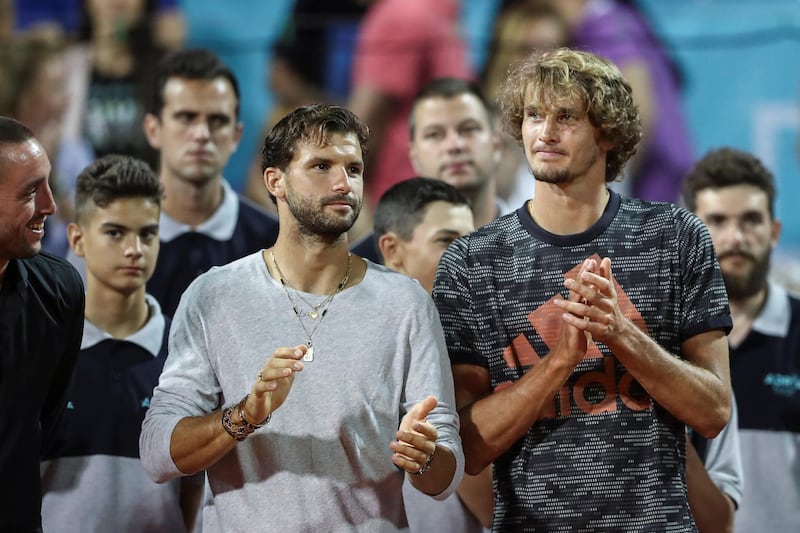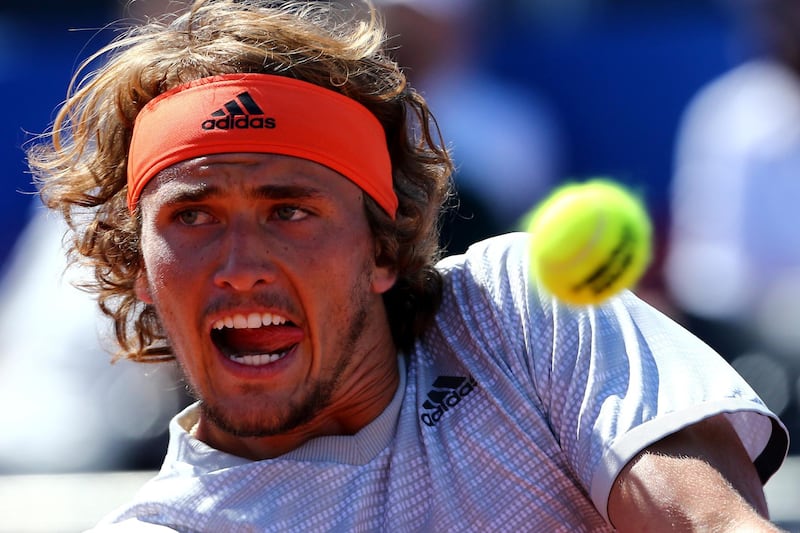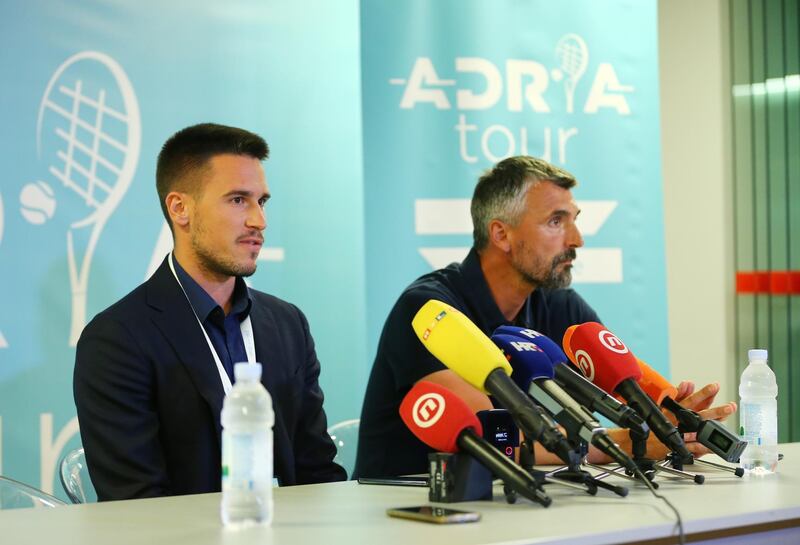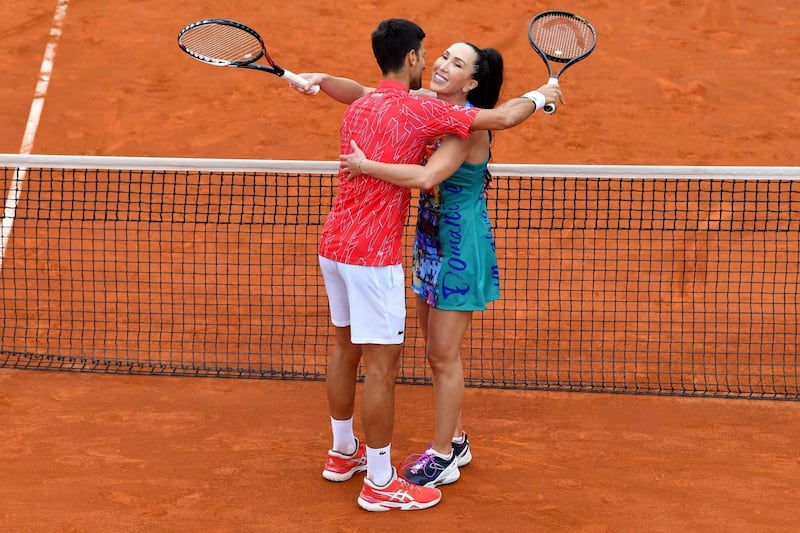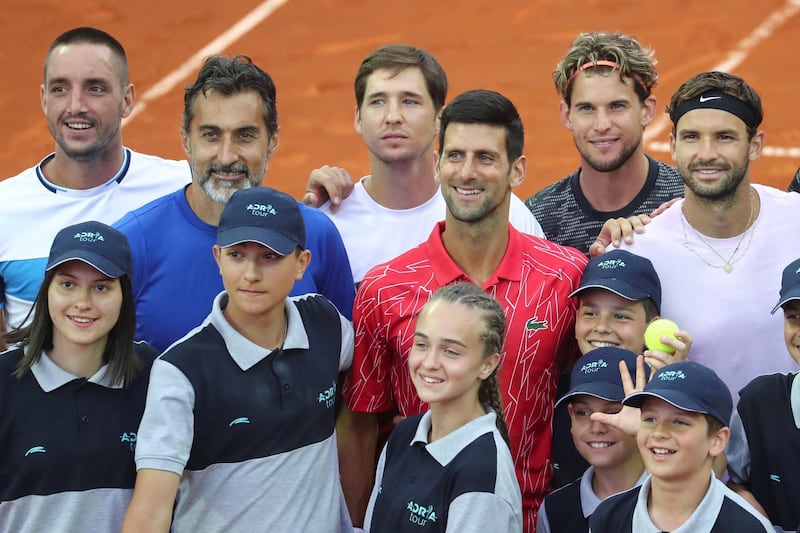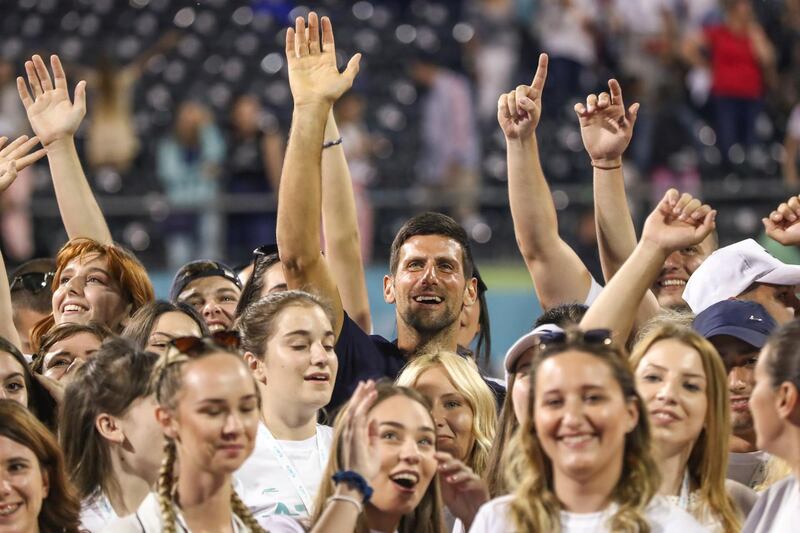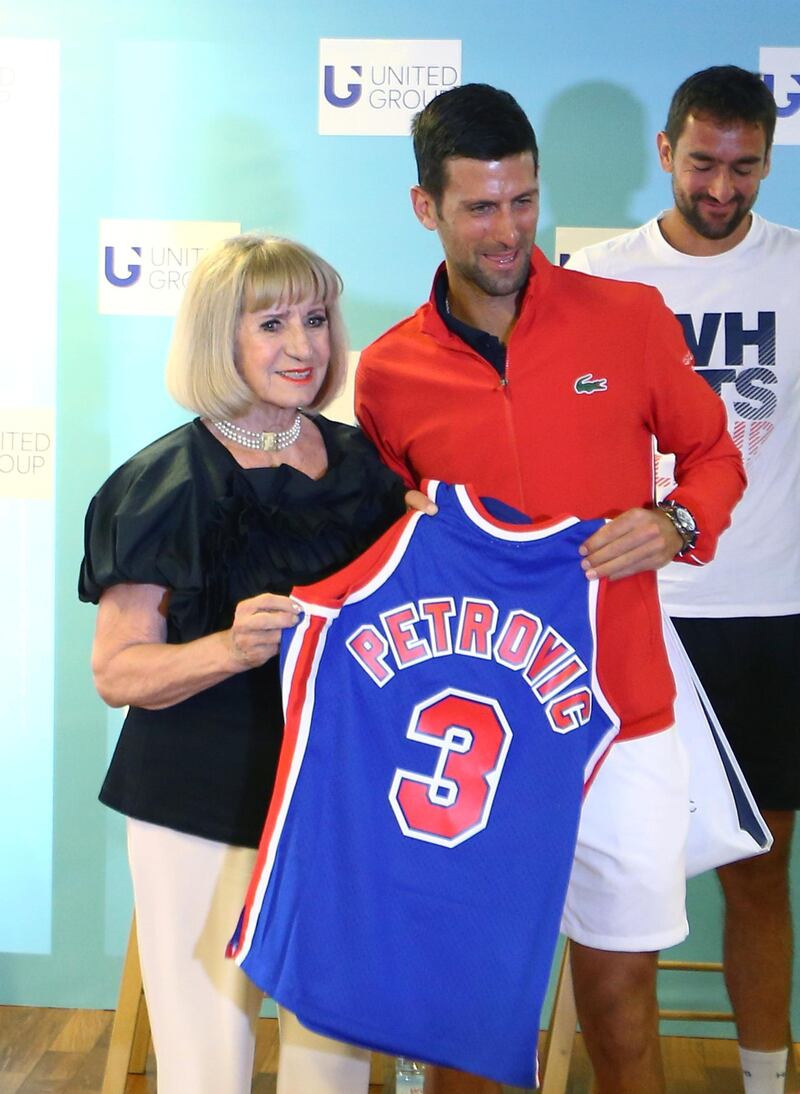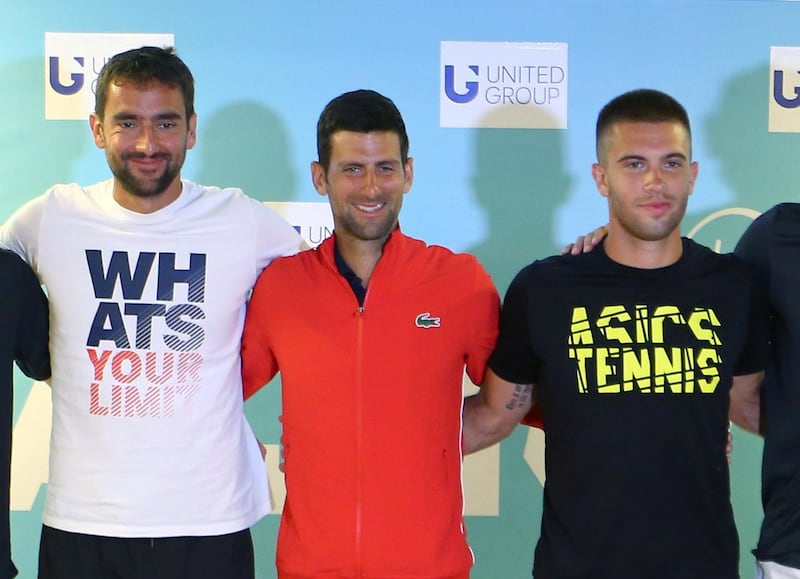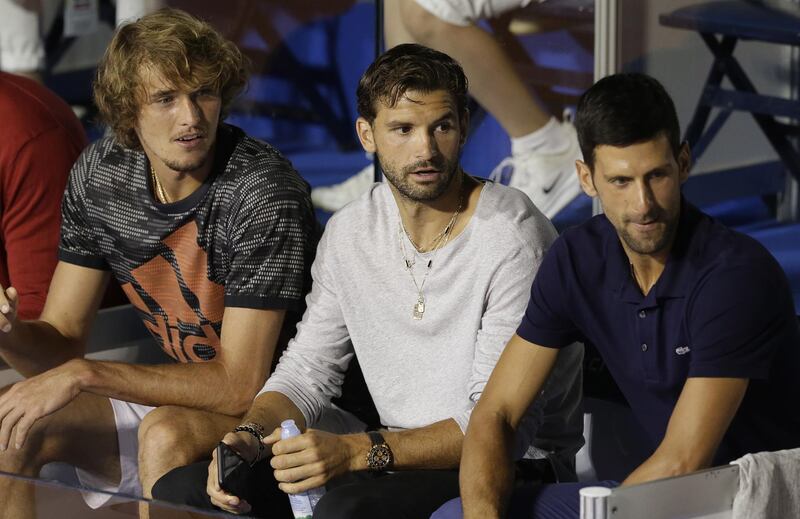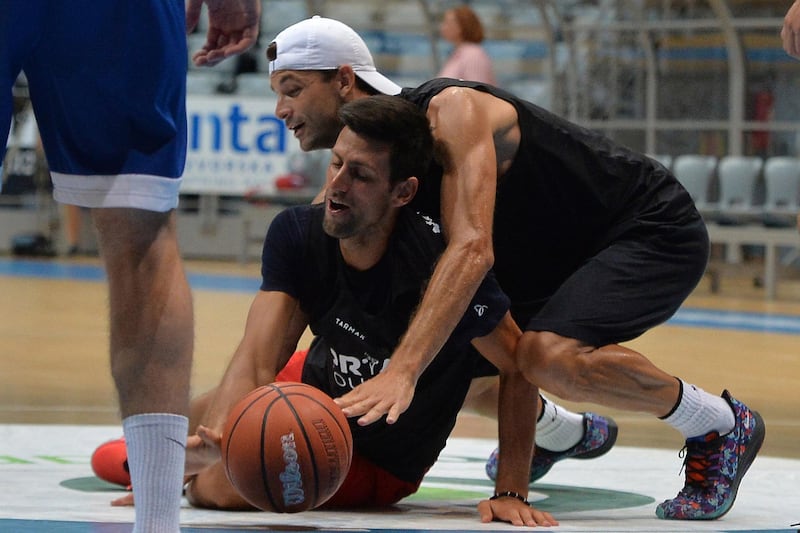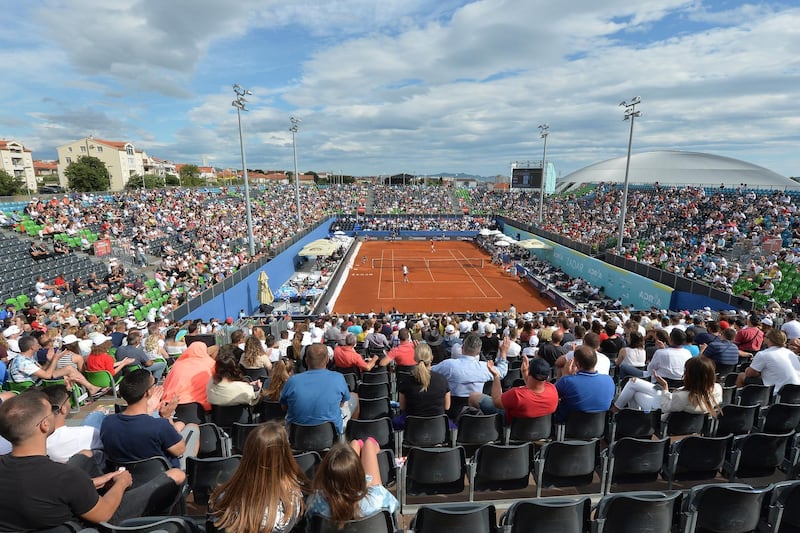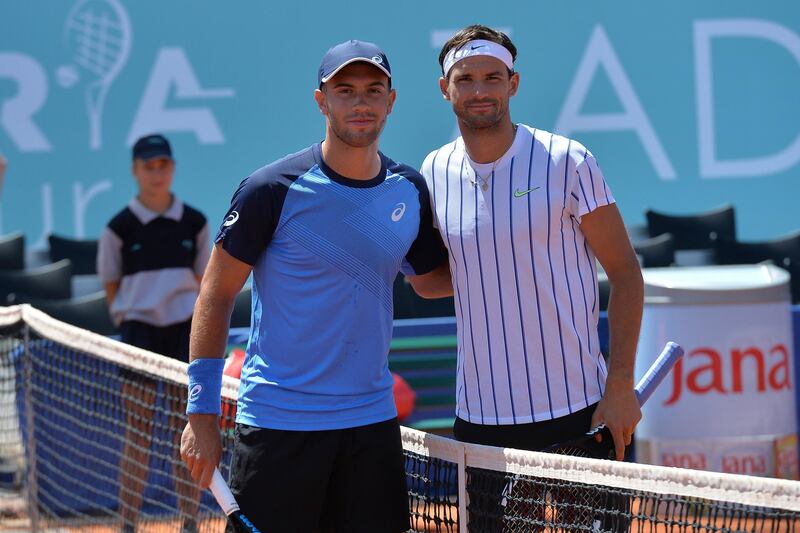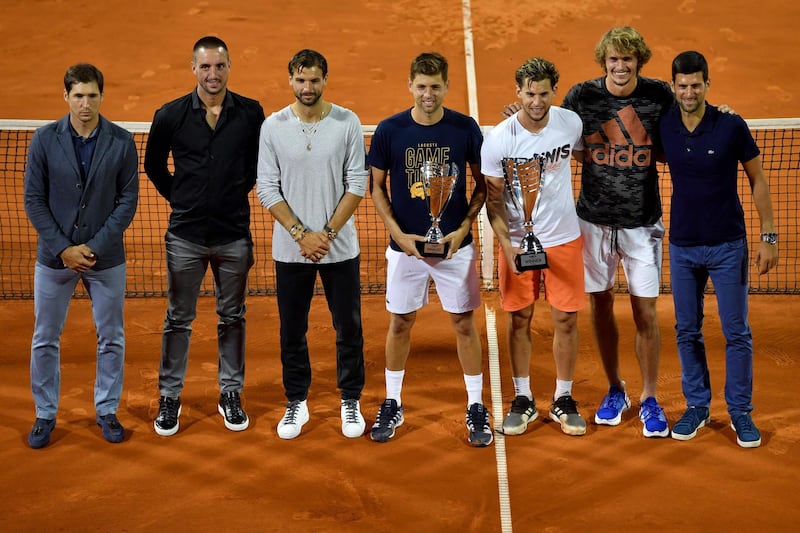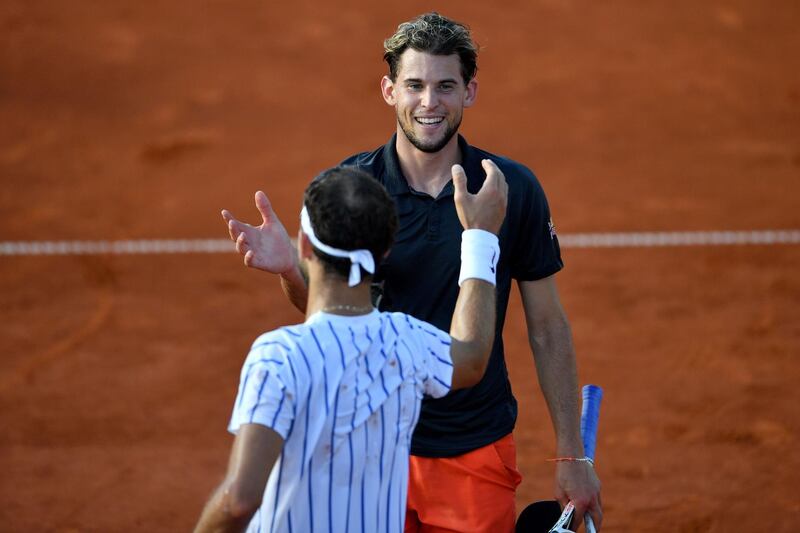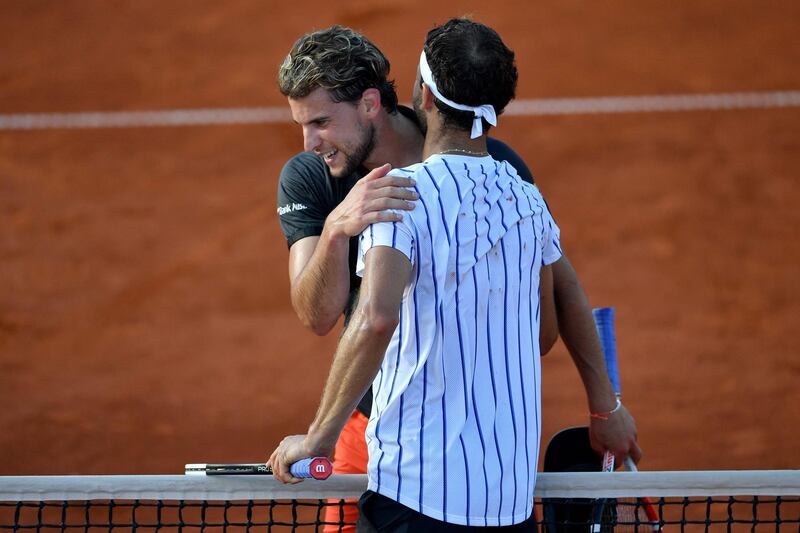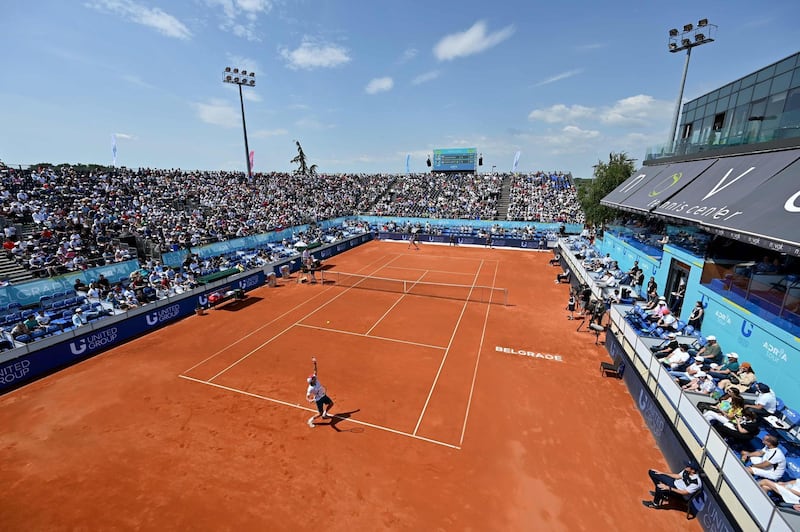"Sascha Zverev again man, again, again, how selfish can you be? How selfish can you be?" wondered a baffled Nick Kyrgios in reaction to the videos that surfaced on Sunday showing the German partying in the south of France, less than a week after he vowed to self-isolate following his participation in the Adria Tour.
Alexander Zverev – commonly known as Sascha – posted a message on social media last Monday, saying he tested negative for Covid-19.
“I deeply apologise to anyone that I have potentially put at risk by playing this tour. I will proceed to follow the self-isolating guidelines advised by doctors,” he added.
It was one of several apologies posted by players who took part in the Adria Tour that saw its organiser Novak Djokovic, along with Borna Coric, Grigor Dimitrov, Viktor Troicki, among others, test positive for the virus.
The tournament – held in Serbia and Croatia – has been heavily criticised for its lack of social-distancing measures. Besides the packed stands, a busy kids’ day, and the close contact players had with the public at the event, participants, including Zverev, also went to a night club in Belgrade. Some attended a concert in Zadar.
Goran Ivanisevic, Djokovic’s coach, who was the tournament director of the Adria Tour’s Croatia stop, tested negative twice before announcing on Friday that he has tested positive. You’d think that would have discouraged Zverev from breaking his self-isolation promise, but unfortunately that hasn’t been the case. He chose to party at a packed beach club instead, just six days after posting that apology online.
Kyrgios, who has been very critical of the irresponsible behaviour witnessed at the Adria Tour and is very skeptical about tennis’ scheduled return in August, called out Zverev on Monday, noting the ridiculousness of having his management team draft a message that stated he would self-isolate, when he had no intention of doing so.
Once again we are faced with the question: can players and members of their teams be trusted to adhere to all the guidelines and safety measures put in place by tournaments when tennis restarts?
Tournament organisers have been releasing statements all week, highlighting that their own events should not be compared to the Adria Tour because they will be taking all the necessary precautions Djokovic’s shindig failed to put in place.
But as long as players, like world No 7 Alexander Zverev, keep acting like there are no consequences to their actions, how can a tournament be sure their safety measures will amount to anything?
________________
The ill-fated Adria Tour
________________
The tours must start looking into a feasible way of introducing fines for players that break the seal of the “bubble” that is meant to minimise the exposure to, and spread of, the virus during tournaments.
It might be tricky figuring out how this can be implemented but it is worth exploring the idea of adding a section for social-distancing and safety measures to the Code of Conduct in the ATP and WTA rulebooks. Fines should be handed out to those who commit any violations during the course of a tournament. Because the US Open’s approach of simply trusting players and their teams to do the right thing simply won’t cut it.
While some may view Kyrgios’ remarks as simply one player publicly blasting another player, it’s actually alarming how very few high-profile members of the tennis tour are being as vocal as he is about such matters. What the Australian is doing is, at the very least, forcing a shred of accountability on players who seem to have no grasp of the concept.
Personal attack
Djokovic apologised last week and admitted it was “wrong” and “too soon” to organise an event like the Adria Tour during a pandemic. But the narrative somehow quickly spun into bizarre territory when some players and thousands of fans of the Serb decided that calling out Djokovic for organising a tournament in such reckless manner is actually a targeted, unfair hit campaign against him, and is a sign of xenophobia.
Piling on Djokovic is unnecessary, but holding him accountable for his own decisions and his own event is not. The same goes for every player or coach involved who didn’t stop for a second to think if what they were doing could have dangerous repercussions.
Offering blind support to a player in the wake of such a grave lapse in judgment is doing more harm than good. Also, acknowledging they did something wrong does not equate to launching a personal attack on their character.
Djokovic should be lauded for his efforts in attempting to create a relief fund for lower-ranked players. But he should also be held responsible for the Adria Tour mess, along with others involved.
Right now, Kyrgios is emerging as the beating conscience of tennis during these testing times but he shouldn’t be the only one. In a sport that has a self-centred nature, finding a thoughtful perspective that focuses on the collective rather than the individual is proving to be harder than it should be for some.
If the tours want to stand any chance of resuming safely, they must make very clear what kind of behaviour is or isn’t acceptable during a tournament, and that any transgression will be met with a serious consequence. Anything less would be a risk not worth taking.
